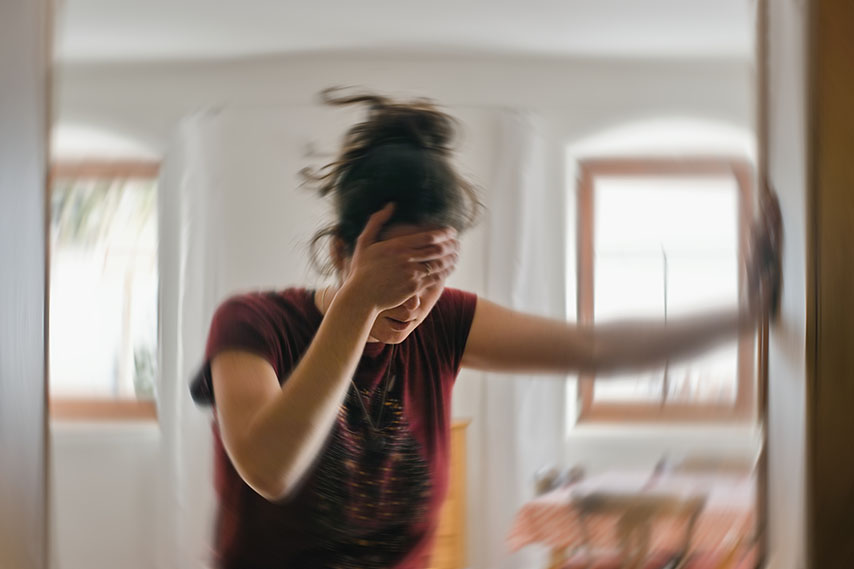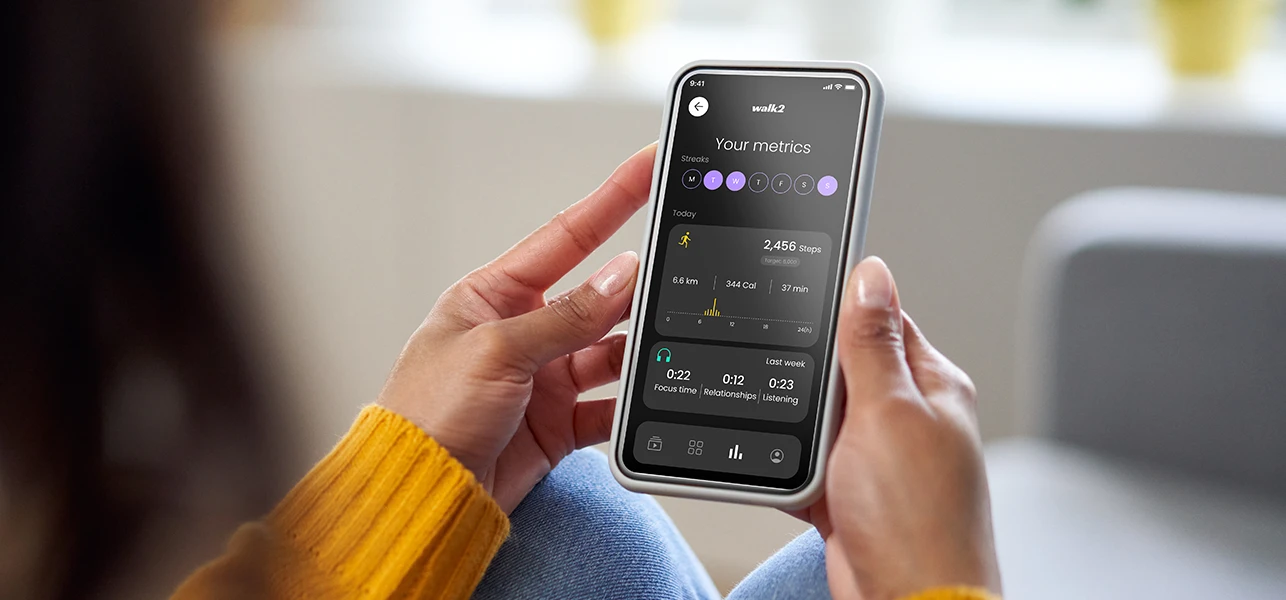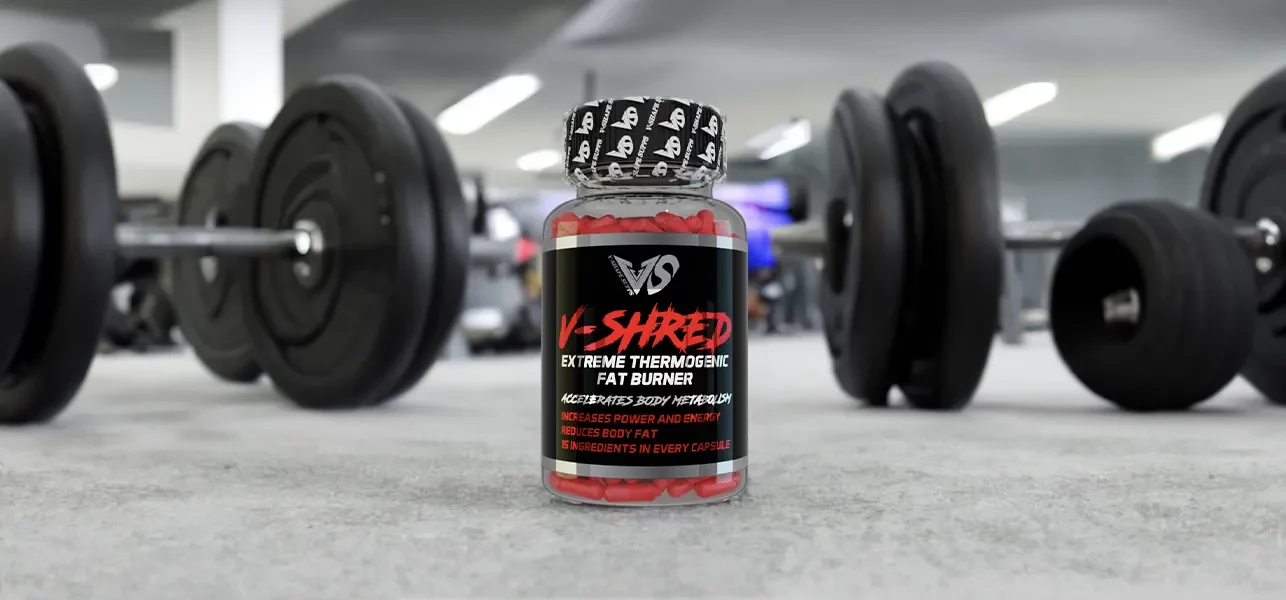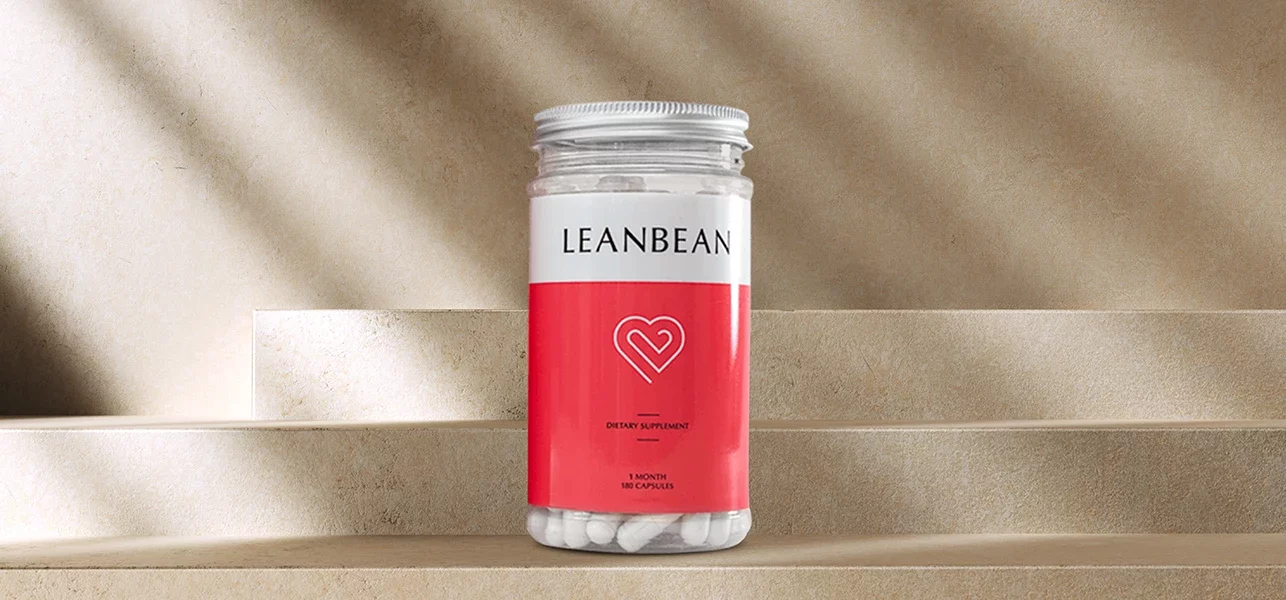Can Anxiety Cause High Blood Pressure? What You Need to Know

Anxiety is a common but often misunderstood condition. It affects millions of people and can cause many different symptoms.
Can anxiety cause high blood pressure? One of the most prevalent forms of anxiety is high blood pressure, which is why many people worry about whether or not anxiety could lead them to develop high blood pressure.
In this article, we’ll explore the relationship between anxiety and blood pressure, as well as some tips on lowering your stress level and feeling better overall.
Can Anxiety Cause High Blood Pressure?
Anxiety does cause high blood pressure but in temporary spikes. An anxiety attack doesn’t lead to long-term hypertension, but severe or recurrent symptoms due to anxiety can cause chronic high blood pressure, which is quite dangerous. It leads to long-term heart, kidney, and blood vessel damage. Intense anxiety can also lead to low blood pressure, much like it leads to elevated blood pressure. Anxiety and stress-induced hypertension are symptoms of each other.
Anxious people tend to develop coping mechanisms to help with the condition. However, these short-term anxiety relief mechanisms are sometimes unhealthy habits like increased alcohol intake, smoking, drug use, poor eating like increased salt intake, and more that lead to increased blood pressure.
Peer-reviewed studies have found a link between anxiety and cardiovascular disease risk. However, scientific evidence on the connection between anxiety and high blood pressure remains mixed. A study found that people with chronic anxiety had higher levels of C-reactive protein (CRP). This indicates inflammation within your body’s arteries and capillaries; they also tend to suffer from diabetes or other illnesses that affect blood sugar control or circulation.

Advertisement
Manage hypertension and cholesterol the smart way
- Personalized activity plan to suit the user
- Personalized nutrition plan
- Takes into account dietary requirements, preferences, and allergies
- Action plans generated from the tracking tool
- Real-time insights into your heart’s health performance
How to take care of your heart?
Heart health app Cardi.Health shares that heart disease resulting from high blood pressure and cholesterol is the number one cause of death in the US. Hypertension is an intense health condition affecting millions worldwide. With this in mind, it is crucial to control high blood pressure.
Cardi.Health helps people keep their blood pressure readings at healthy levels by tailoring nutrition and activity plans. The cardiovascular health app helps people stay on top of their conditions by monitoring and providing detailed insights and action plans based on the changes in their condition.
The app generates heart health reports and prevents stroke and heart attack through diet and activity plans that manage High blood pressure and cholesterol levels. Cardi.Health provides a gateway to a healthy lifestyle to help manage diseases.
In a systematic review and meta-analysis of epidemiological studies, researchers concluded that anxiety and high blood pressure can feed off each other. A person’s thinking patterns can trigger feelings of anxiety that can gradually expose them to severe symptoms of anxiety and hypertension.
What Is Anxiety?
Anxiety is a mental health condition involving excessive worry and fear about something. Anxiety triggers a person’s fight or flight response in stressful situations. The most common types of anxiety disorders include specific phobia, social anxiety, and generalized anxiety disorder.
Your blood pressure rises when you experience stress, whether physical or emotional. Depending on the type of anxiety disorder you have, the symptoms will vary.
For Generalized Anxiety Disorder (GAD), the anxiety symptoms you may experience include nervousness, worry, and restlessness daily. This persists for at least six months and leads to muscle tension and other physical symptoms like nausea, headaches, and difficulty sleeping.
On the other hand, Social Anxiety Disorder exposes you to intense fear in social situations. This type of anxiety also causes physical symptoms like sweating, nausea, and accelerated heartbeat.
Panic disorders, specific phobias and obsessive-compulsive disorder (OCD), and post-traumatic stress disorder (PTSD) can also trigger anxiety.
Stress-Induced Hypertension Symptoms
Stress-induced hypertension presents itself in the form of:
- Nausea
- Headaches
- Body aches
- Muscle tension and tremors
- Sleep problems
- Heart palpitations
- Diarrhea
- And more

The symptoms vary from person to person, depending on the severity of your anxiety. When you feel stressed, it causes a spike in your blood pressure. Your respiration rate increases due to stress, which prompts your body to work harder to breathe. This leads the blood vessels in your heart to dilate and increases blood pressure. Muscle tension is also increased due to stress, making it hard for the heart to pump effectively.
You may also experience gastrointestinal symptoms due to increased activity in your digestive system due to anxiety or stress-induced sympathetic nervous system activity.
Stress-induced hypertension affects a person’s blood pressure. Unlike primary hypertension, which is a result of lifestyle, genetic and environmental causes, stress-induced hypertension is secondary.
How Much Does Anxiety Raise Blood Pressure?
Anxiety can raise blood pressure, prompting reading jumps of up to 10 points in people with white coat hypertension. The exact measure of how much anxiety raises blood pressure remains unclear since it is dependent on the intensity of the anxiety episode.
Studies show that white coat hypertension, also known as white coat syndrome occurs in about one in five people. People with white coat syndrome develop anxiety attacks or episodes due to a clinical visit.
Anxiety occurs as a natural response to a perceived threat and can increase blood pressure, usually in temporary spikes. People with stress-induced hypertension have higher blood pressure when they’re stressed and lower blood pressure when they’re not. Frequent episodes can also cause low blood pressure. This is determined by a person’s reaction to a perceived threat.
These can cause a rapid heartbeat and an increase in heart rate or the opposite. The muscles in your body may tighten up, making breathing difficult. Despite being temporary, if these anxiety-induced increases in blood pressure persist, they can cause heart disease and damage to the kidneys and blood vessels.
Can Anxiety Treatment Affect Blood Pressure?
While it’s true that anxiety treatment can lower blood pressure, it’s not a guarantee. Not everyone who receives therapy will have lower blood pressure levels. There are various ways of treating high blood pressure, and it depends on the type of treatment you’re getting and your provider’s experience with treating your specific health issue.
A meta-analysis of the effects of selective serotonin reuptake inhibitors on blood pressure in depression treatment recommends the anti-anxiety drug as the first line of treatment. Benzodiazepines, which are a type of sedative medication, are no longer recommended due to their side effects.
If you’ve been diagnosed with hypertension and are considering medication or exercise as part of your plan to manage the condition, talk to your doctor about any concerns about side effects or interactions with other medications before making any decisions about treatment options and lifestyle changes.
FAQS
The short answer is yes. Anxiety can cause hypertension, and stress can lead to both anxiety and high blood pressure. When you feel anxious about your health, your hormones trigger reactions that make you feel stressed. Managing stress is the key to minimizing your chances of developing a stress-induced hypertensive crisis.
Overthinking is a cause of stress. Overthinking sets off a chain of events in your body that forces the body to respond in a manner that leads to increased pressure. It also causes anxiety and depression, and even a panic attack or heart attack.
Sadly, anxiety medication does not lower blood pressure. This is because anxiety is a psychological condition and not a physical one. It’s possible that some medications used to treat anxiety can cause your blood pressure to rise slightly, but this is usually temporary and doesn’t last long. It’s crucial that you talk with your doctor about what treatments are right for you.
Can being nervous raise blood pressure?
Nervousness can lead to high blood pressure. When you’re nervous, your heart beats faster and harder than usual. The stress causes a sudden increase in blood pressure that could put you at risk of heart problems like myocardial infarction. Additionally, if you already have hypertension and are nervous about something, it puts even more strain on your blood vessels and entire circulatory system.
How to Stop Feeling Anxious Right Now
During an anxiety attack, it can be tough to calm yourself enough to control high blood pressure. But there are plenty of simple techniques that can help you relax if you regularly experience intense anxiety:
- Take deep breaths
This is one of the most effective ways to bring your body back to balance after an anxiety or panic attack episode. Anxiety lessens when your body is calm and relaxed.
- Meditate or practice mindfulness and breathing exercises at least once a day
Practicing meditation or breathing exercises when you feel anxious is great for your mental health. It can help soothe both mind and body.
- Get a good night’s sleep
People underestimate the value of a whole night’s sleep on general body function. Sleeping enough helps your body’s reactions to stressful situations to be calmer and milder than when you haven’t slept enough.
- Try pilates
Staying active is one of the best ways to beat bouts of anxiety. Any form of exercise will help, but pilates is a very calming exercise that can help you relax.

If you have both high blood pressure and anxiety, it is important to speak to a health professional about the available treatment options and techniques to help you manage both conditions before symptoms spiral into a medical emergency.
Conclusion
Anxiety is a common problem that can be managed with effective treatment and lifestyle changes. If you experience one or both conditions, it’s important to try and determine what is causing it to find a way to alleviate the anxiety symptoms. It is important to note that having anxiety does not mean you will necessarily develop hypertension and vice versa.
You may need a diet or lifestyle change or use an app like Cardi.Health. The best thing is that there are ways people with both conditions can still live healthier lives. Visit your doctor’s office to get help and health tips on managing stress and elevated blood pressure. Early detection of mental health conditions and hypertension can help arrest the risk factors of the conditions.







Comments (0)